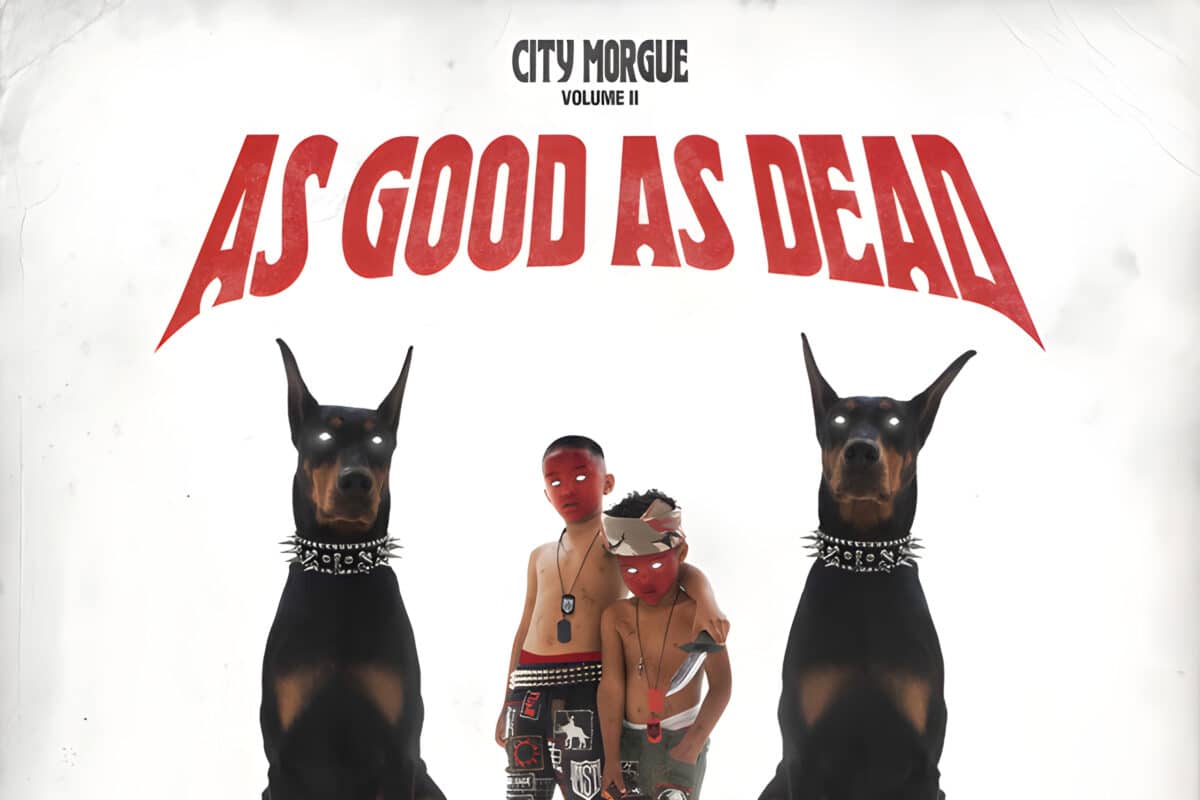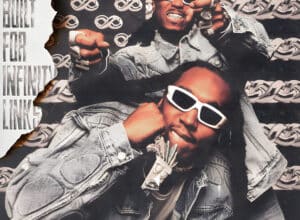Released: 2019
The song “MINIMIZYA” by City Morgue featuring ZillaKami and IDK delves into themes of alienation, mental anguish, and societal expectations. It touches upon the feelings of being misunderstood and diminished by society and peers, conveying a raw expression of inner turmoil and rebellion against imposed norms.
The track kicks off with a verse from ZillaKami, whose lyrics reflect a struggle with identity and recognition. Phrases like “two feet in the rabbit hole” and “dead body in the catacombs” evoke feelings of entrapment and existential dread. These metaphors suggest a disconnect between his past and present self, reinforced by the line about his family not recognizing him. Here, ZillaKami paints a picture of an altered identity, perhaps driven by anger and societal rejection.
The theme of anger continues as he speaks about “pent-up frustration to hate.” This indicates a sense of relentless internal turmoil. Living in a “tundra that fire erase” could signify feeling trapped in a cold, unforgiving world where attempts at passion or change are snuffed out. He questions the safety and reality of his existence, highlighting a nihilistic view where the life he leads doesn’t feel secure or meaningful.
Further into his verse, ZillaKami delves into paranoia and self-doubt. He questions the reality of his friendships, uncertain if they were ever real. This sense of isolation is palpable, leading him to rely on zodiac tendencies and tattooed perceptions as a way of navigating a confusing world. These tattoos act as a literal and metaphorical mask, providing a layer of identity in an otherwise faceless existence.
ZillaKami also illustrates a desire for protection and self-defense through violent imagery like “demon arms and a switchblade.” This suggests a readiness to defend himself against the societal pressures and emotional burdens that threaten his sanity. His lyrics capture the destructive nature of suppressing emotions, warning that society often diminishes those who don’t conform, reducing them to less than their true potential.
The hook repeats the line “they make you die ’cause you hide what you feel inside,” driving home the idea that suppressing true feelings leads to personal demise. The notion that highs are your lowest times suggests that the moments one should feel happiness are tainted by hidden pain and external minimization. This idea is central to the song’s message, highlighting the conflict between internal desires and external expectations.
IDK takes over the track with a verse that amplifies the struggle against societal judgment and the pressure to conform. He voices frustration over societal and peer pressure, acknowledging that they want him silenced and reduced. This verse intensifies the critique of how society would rather see individuals fail or conform rather than succeed on their own terms.
IDK’s imagery of “grip iron and start firing” is symbolic of societal provocation and expectations for failure, painting a vivid picture of aggression and its dire consequences. His perspective broadens the narrative, critiquing a system that celebrates downfall over personal growth. The constant minimization by society becomes a self-fulfilling prophecy of demise.
In his lyrics, IDK describes a system rigged against him, “they want a nigga never excel.” This reflects the pressure to fit into predefined roles, often negative and detrimental. He brings attention to how society might want individuals to “take the test” of life and intentionally watch them fail, intensifying the notion of minimization. The desire for escape and recognition is potent throughout.
The song “MINIMIZYA” closes with the haunting repetition of its central message, ensuring that the listener is left pondering the ramifications of suppressed emotions and societal constraints. It’s a gritty portrayal of personal battles against an oppressive world. Historically, this song fits into the larger narrative of hip-hop’s commentary on social issues, reflecting the ongoing struggle for identity and agency within marginalized communities.








